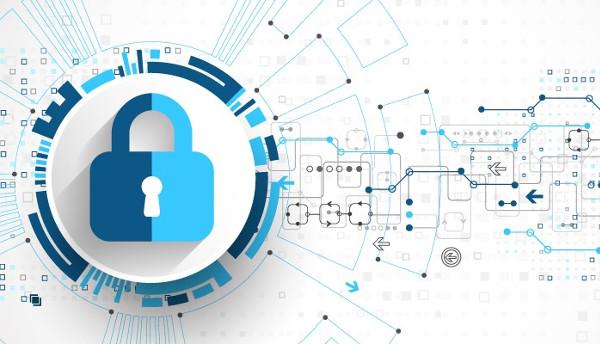
What is cyber security all about, you may ask. After all, the networks have firewalls. The browsers swear to heaven and back that your data is safe with them. And you just installed an apparently capable anti-malware in place.
Well, you might want to rethink the concept of cybersecurity effectiveness. And No! Going through the cybersecurity wiki and calling it a day doesn’t do the trick.
Measuring Security Efforts Is Important to Understanding the Risk Versus the Impacts
NSS Labs Inc. annually evaluates the cybersecurity performance of different defence system. It did so in 2017 with 11 next-gen firewall products as its test subjects; all amassed from 10 vendors.
8 out of the 11 products were above average when tested for cost-effectiveness and performance. The average security efficiency was 68.3%. While just two products could defend all evasion attempts with a 99.9% security effectiveness, nine products couldn’t pick out at least one attack, with the security effectiveness going as low as 25.8%.
Robert J. Carey, VP at General Department IT, points out that the performance of a cybersecurity tool as a standalone entity doesn’t always reflect how it may act when it’s paired up with others in a suite.
And Carey does have a point. However, the NSS results get you thinking, what are the parameters that can help you understand cybersecurity effectiveness?
1. Grasp the Cost Versus Impact Approach
When a security person approaches you to talk about the cost of such and such types of cybersecurity tools, you should be able to tell them what achievable objectives are essential to you.
That conversation can lead to revealing how the money you’re spending is impacting the outcome. You can realign your end goals with the security personnel’ cost estimate to reach a more fruitful accommodation.
2. Take Another Look at Your Security Metrics
Guessing the Key Performance Indicators which gauge reactions from your audience in the best way is a sure shot at sinking your Titanic.
Mike Spanbauer, VP, Research Strategy, NSS, says that it’s important to know exactly how a set of security tools will react when threatened by a range of current threats.
Metrics should make the process easier by using your existing reporting sources. They should make sense in the context of your business. And they shouldn’t be very time or resource consuming,
3. Understand the Influence of Cyber security Measures on the Business Unit
You need real-time data about every granular instance where your security system is either performing well or messing things up.
The management needs to be informed about the overall performance of your cyber security strategy to make contextual business decisions properly.
4. Keep the End User in the Loop
Those who use your service expect their data to be protected as much and as efficiently as possible. A transparent unit which lets them know how well you’re doing on this particular front fuels their confidence in you. It also gives your brand the advantage of trust.
5. Don’t Blindly Trust Automation with Your Investment
Automated cybersecurity tools are just as useful as the data they are fed and intelligence they carry to make use of said data. Sure, it’s great for a fast and more efficient system. But, until such a hyper-attentive AI is created, your security systems should be something you and your team can comprehend easily.
6. Build a Levelled Strategy, Says DISA CIO John Hickey
Hickey from the Defense Information System Agency suggests tackling threats and minimising risks in a storied approach. If you can judge where you’re powerful and weak, and do it separately for the perimeter, region, and endpoint, you come out more aware of the situation. Assessing your cybersecurity effectiveness in this manner ensures that your risk is minimised.




